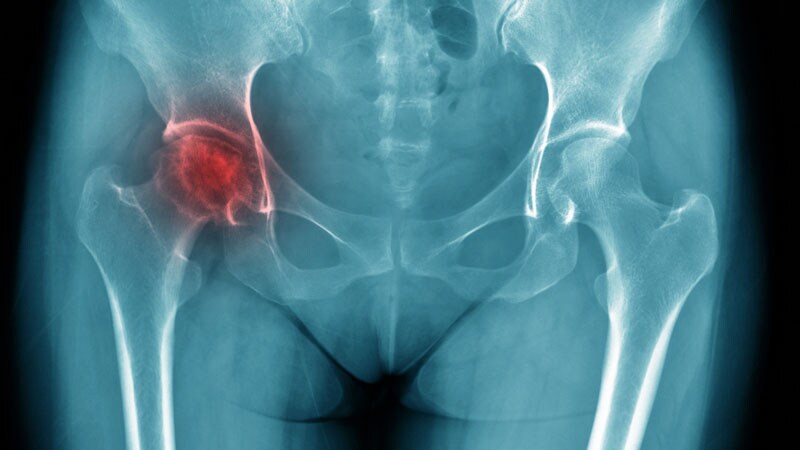Takeaway
- This meta-analysis found that the use of epsilon-aminocaproic acid (EACA) and tranexamic acid (TXA) was equally safe and effective for preventing excessive bleeding in total knee arthroplasty (TKA) surgery.
- Transfusion requirements and complication rates did not differ between TXA and EACA.
Why this matters
- EACA treatment has lower cost which makes it a suitable alternative first-line agent in order to reduce the financial burden on healthcare providers.
Study design
- 3 studies (n=1691; TXA group, n=743; EACA group, n=948) comparing TXA and EACA for TKA were identified after a search on MEDLINE, EMBASE and CINAHL databases.
- Funding: None disclosed.
Key results
- No significant difference observed in estimated blood loss between TXA and EACA (2 studies, standard mean difference [SMD], −0.23; 95% CI, −0.50 to 0.04; Z=1.69; P=.09).
- No significant differences observed between the 2 groups regarding:
- percentage of patients requiring transfusion [risk ratio [RR], 0.77; 95% CI, 0.14-4.13; Z=0.31; P=.76],
- pre- and post-operative haemoglobin (SMD, −0.06; 95% CI, −0.36 to 0.24; Z=0.38; P=.70),
- average number of transfused units (SMD, −0.14; 95% CI, −0.53 to 0.25; Z=0.71; P=.48),
- operative time in minutes (SMD, 0.01; 95% CI, −0.35 to 0.36; Z=0.04; P=.97),
- tourniquet time in minutes (SMD, 0.09; 95% CI, −0.16 to 0.34; Z=0.72; P=.47),
- percentage of venous thromboembolism complications (RR, 0.69; 95% CI, 0.17-2.80; Z=0.51; P=.61).
Limitations
- Variable quality studies were included.
- Possibility of publication bias.
References
References


